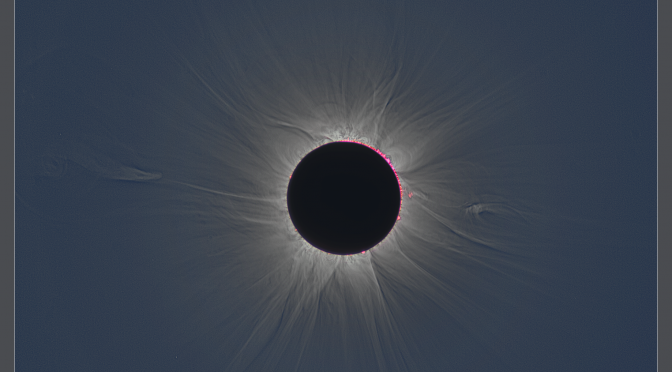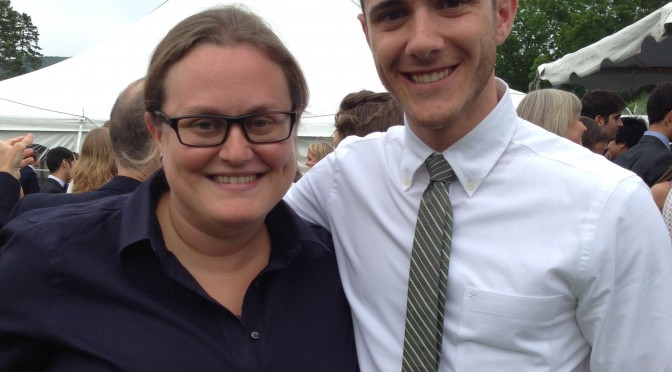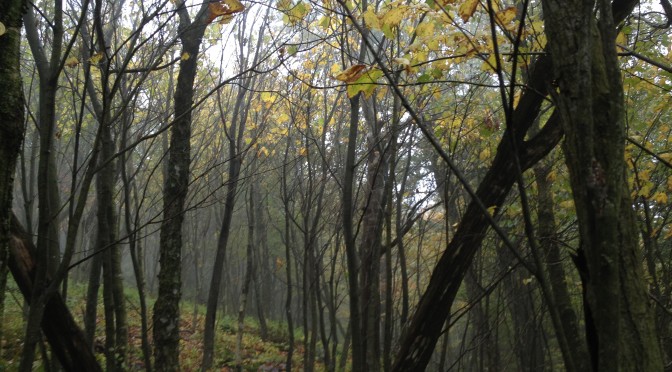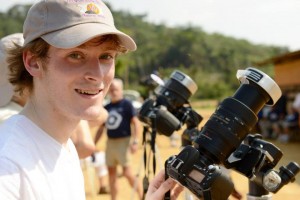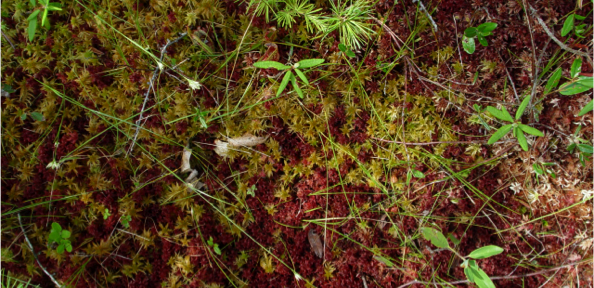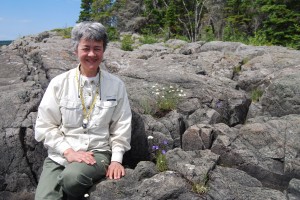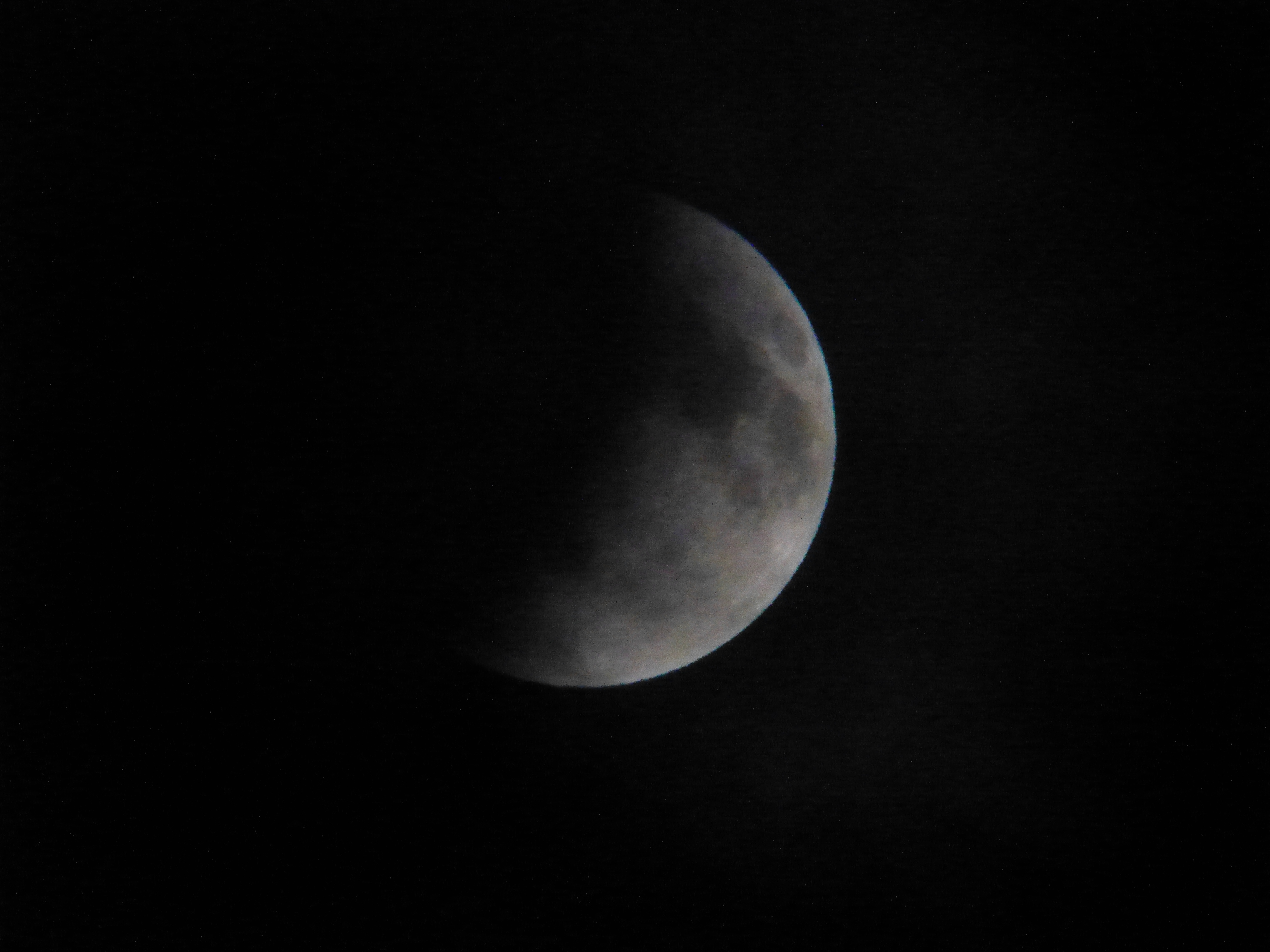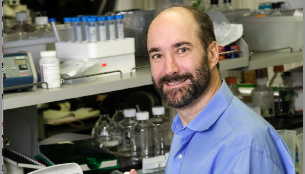By Marcus Hughes ’18
Don’t underestimate college students, especially if they study astronomy at the top northeastern liberal arts colleges, because they might just be re-defining what we know about the universe.
Last weekend, Williams professors Karen Kwitter and Steven Souza traveled with seven students to Swarthmore College to participate in the Keck Northeast Astronomy Consortium’s 2014 Undergraduate Symposium on Research in Astronomy. There they learned about the cutting-edge summer research conducted by students from Williams, Wesleyan, Wellesley, Vassar, Swarthmore, Middlebury, Haverford, and Colgate, which together form the Keck Northeast Astronomy Consortium. Members of the consortium send students to partner schools every summer to conduct paid research, which is later presented at the annual symposium.
Continue reading Williams Students Shine at Astronomy Symposium
